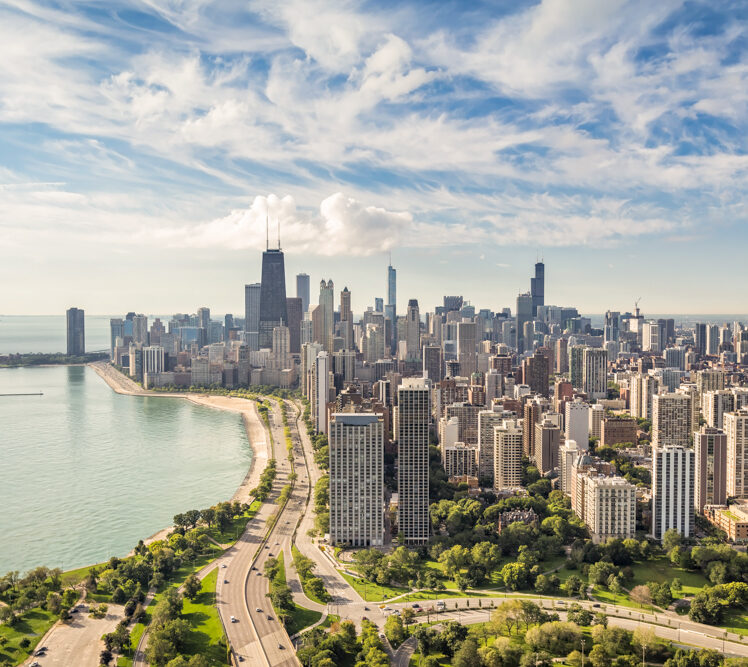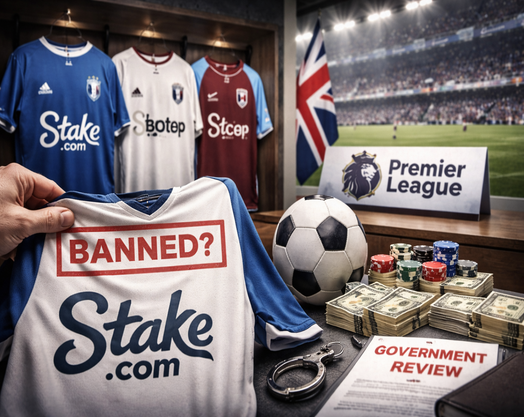- Casino News
- USA News
Illinois Lawmaker to Block Chicago’s Proposed Sports Betting Tax


State move challenges city authority
A new bill introduced in the Illinois House could derail Chicago Mayor Brandon Johnson’s plan to impose a local tax on sports betting, setting up a potential clash between state lawmakers and city officials over regulatory authority and revenue control.
On Monday, Rep. Daniel Didech (D-Buffalo Grove), chair of the House Gaming Committee, unveiled House Bill 4171, a proposal that would bar municipalities and counties from imposing their own taxes or regulations on the sports betting industry. The measure seeks to affirm that oversight of sports wagering remains exclusively within the state’s jurisdiction.
| Item | Proposal | State Tax | Chicago Proposal | Key Sponsors | Legislative Schedule |
|---|---|---|---|---|---|
| Summary | Bar local governments from taxing/regulating sports betting | Tiered 20%–40% (plus per-wager surcharges) | 10.25% local tax on sports betting (mayor's 2026 budget) | Rep. Daniel Didech; co-sponsors: Tarver, Gonzalez, Guerrero-Cuellar, Kelly | General Assembly reconvenes Jan 14 |
According to a press release from Didech’s office, the legislation is “a direct response to the City of Chicago’s plan to impose a local sports betting tax and is designed to prevent policies that would harm consumers and undermine consistent statewide oversight.” Mayor Johnson’s 2026 budget proposal, released last week, included a 10.25% local tax on sports betting revenue—a move intended to help close the city’s budget gap. That tax would come in addition to the state’s existing 20% to 40% tax, among the highest rates in the country.
“When the legislature legalized sports betting in 2019, it was never our intent to allow local governments to create their own rules for this industry,” Didech said in a statement. “Chicago’s proposal will hurt consumers, drive vulnerable people to predatory illegal markets, and reduce state tax revenue. The city should work collaboratively with the state to ensure sound, informed policy decisions.”
Several Chicago-area lawmakers have signed on as co-sponsors of the bill, including Reps. Curtis Tarver, Edgar Gonzalez, Angie Guerrero-Cuellar, and Mike Kelly. Kelly argued the measure would provide needed consistency in gaming regulation.
“We need to pass this legislation to protect Chicagoans from another tax and prevent an unmanageable patchwork of local regulations,” Kelly said. The Illinois General Assembly is scheduled to reconvene on January 14, when the bill is expected to be debated.
A History of Rising Sports Betting Taxes
Illinois has already increased taxes on sports betting operators in recent years. In 2024, lawmakers replaced the state’s flat 15% rate with a tiered system ranging from 20% to 40%, depending on an operator’s annual revenue. The change generated more than $260 million in additional state tax revenue.
Governor J.B. Pritzker’s 2025 budget further expanded the tax structure, introducing per-wager surcharges on sportsbook operators: 25 cents per bet for the first 20 million wagers and 50 cents for every bet beyond that threshold. Illinois bettors placed about 370 million bets in 2024, with DraftKings and FanDuel each accounting for more than 150 million wagers. The state’s 10 licensed sportsbooks responded to the new surcharges by implementing various cost-recovery measures, including minimum bet sizes and small per-bet fees.
Chicago’s proposal will hurt consumers, drive vulnerable people to predatory illegal markets, and reduce state tax revenue,” said Rep. Daniel Didech, chair of the House Gaming Committee. “The city should work collaboratively with the state to ensure sound, informed policy decisions.
A Policy and Political Crossroads
Johnson’s proposed local tax is part of a broader effort to bolster Chicago’s finances without additional cuts to city services. But Didech’s bill highlights a tension between local fiscal needs and the state’s desire to maintain a uniform regulatory environment. If enacted, House Bill 4171 would effectively block any local attempts to impose additional taxes or unique regulations on sports betting operations, reaffirming Illinois’ centralized approach to gambling policy.
The outcome of this legislative debate could shape not only Chicago’s budget outlook but also the future relationship between state and municipal authority in Illinois’ rapidly evolving sports wagering industry.








